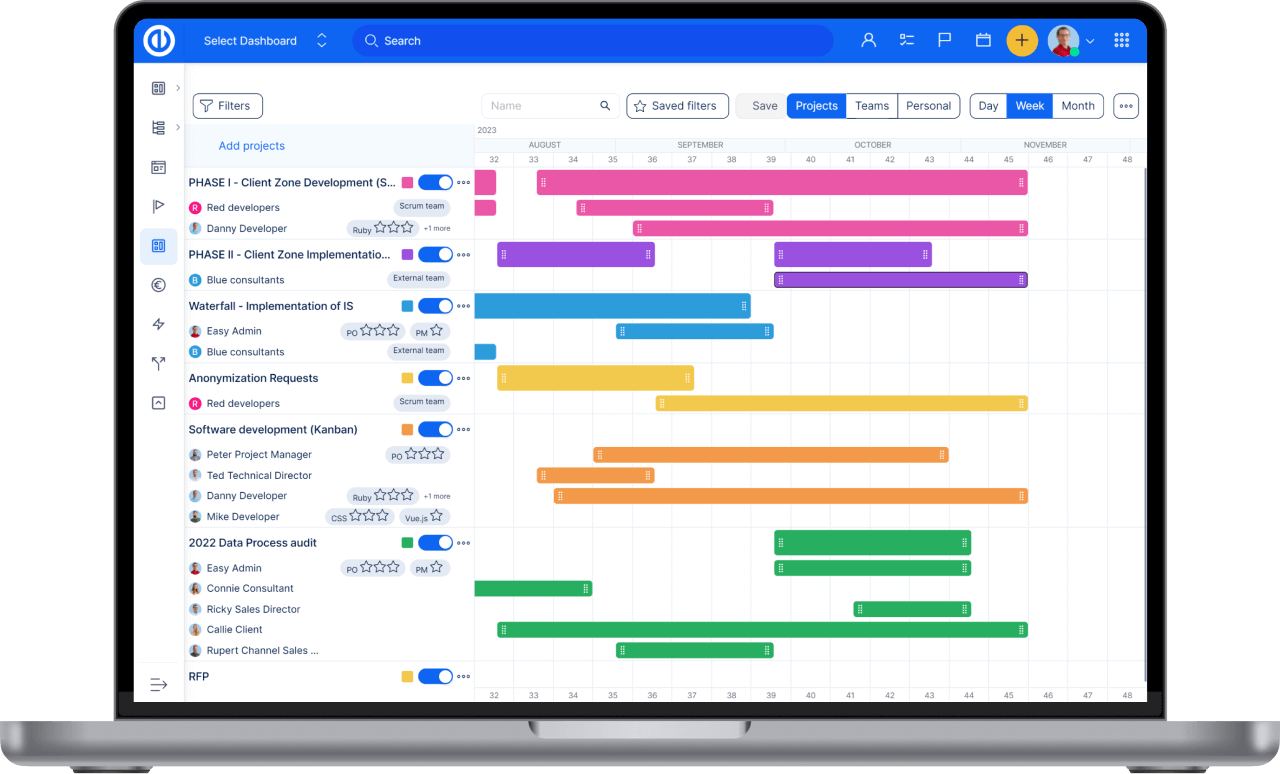How to Defend a Project that Nobody Wants
Explore the challenges that arise when stakeholders resist certain types of projects. Read practical advice on how to defend and convince them of the project's value. Effective communication is a key factor in the project manager role.

Which projects may not be wanted in companies?
It is not uncommon for certain types of projects to be met with resistance or lack of enthusiasm from some stakeholders. Some examples of projects that may be unpopular or unwanted like these. The specific reasons for resistance to a project will depend on the context and the specific stakeholders involved.
- Projects that require significant changes to existing processes or systems: These types of projects may be perceived as disruptive or inconvenient, and may be met with resistance from those who are comfortable with the current way of doing things.
- Projects that involve significant upfront costs or investments: Projects that require a large initial investment may be viewed as risky or unappealing, particularly if there is uncertainty about the potential return on investment.
- Projects that are seen as low priority: Projects that are seen as lower priority or less important may struggle to gain support, especially if there are other projects that are perceived as more pressing or valuable.
- Projects that are perceived as unnecessary: Projects that are seen as unnecessary or lacking in value may be difficult to defend, as it may be hard to persuade others of their worth.
So how to defend your project?
It requires convincing others of the value of the project despite their lack of enthusiasm or support. Try some of these steps:
- Highlight the potential benefits of the project: Focus on the potential benefits of the project, and explain how it will contribute to the overall goals and objectives of the organization. Use mind maps for a persuasive presentation.
- Clearly articulate the project's goals and objectives: Make sure that you have a clear understanding of the project's goals and objectives, and be able to explain them in a way that is easy for others to understand.
- Identify and address any concerns or objections: Try to understand why others may not be supportive of the project, and address any concerns or objections they may have. This may involve providing additional information, addressing potential risks, or finding ways to address any issues that have been raised.
- Seek support from key stakeholders: Identify key stakeholders who may be supportive of the project and seek their support. This may include seeking endorsements or recommendations from influential individuals or groups.
- Explain what we will be able to do in future, after this project is successfully complete or if this project is not approved. Seems logical, but my experience is that technically oriented people sometimes lack the skills to communicate these, and then are frustrated when a project is not approved.
What is the role of communication here? The key one
Effective communication is often critical to the success of any project, and this is especially true for projects that are unwanted. And it is one of the most important skills of each project manager.
Specific ways include (in addition to the advice mentioned earlier such as clearly articulating goals and objectives, identifying potential objections, etc.) being transparent and informing colleagues, and using the same language - use the same words and look at the problem through their eyes.
Remember to be respectful and open to feedback, as this can help build trust and credibility. With persistence and a clear understanding of the value of the project, you may be able to convince others of its worth.
One encouragement in conclusion
And when your project is not approved, don't hang your head. In most companies, there are far more ideas than implementation capacities. Managers are usually smart people who try to make the right decisions. And so maybe your project makes sense on its own, but when compared to other candidates, it is right to give priority to other projects.

All-in-one software for a modern project manager? Easy.
Get all powerful tools for perfect project planning, management, and control in one software.
